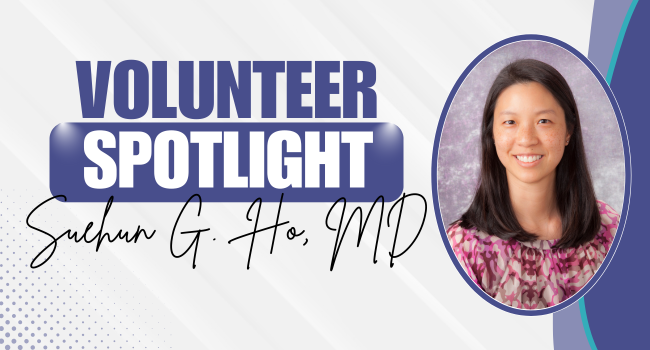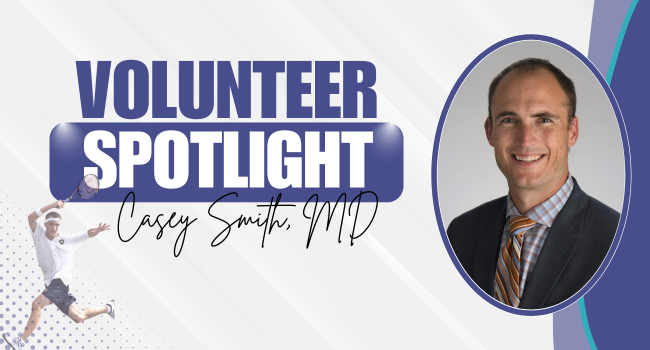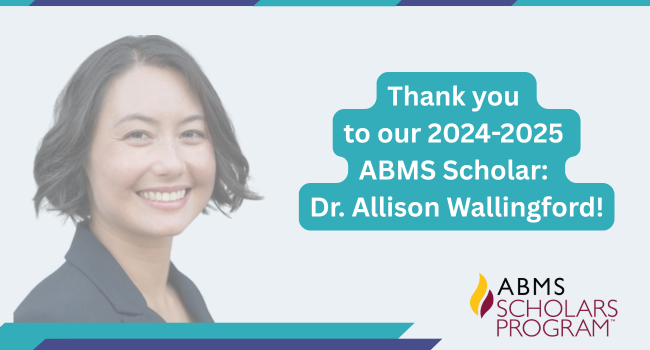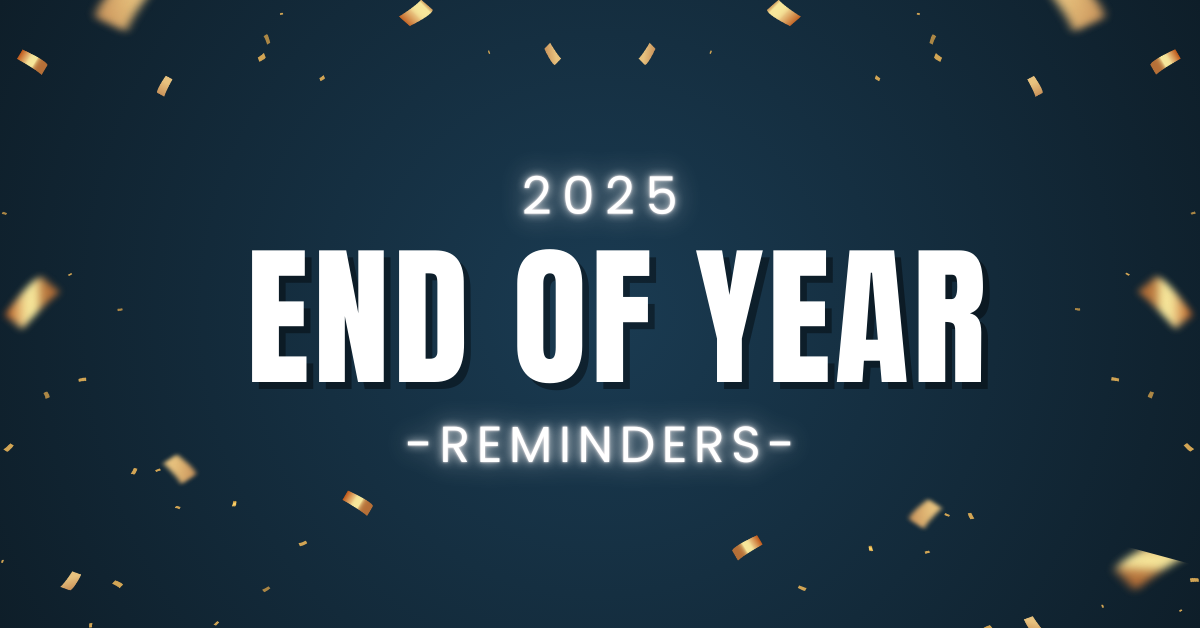Physician Features
Volunteer Spotlight: Dr. Suehun Ho

Can you please introduce yourself?
My name is Suehun Ho; I am a clinical assistant professor at the University of Pittsburgh School of Medicine and the University of Pittsburgh Medical Center. My clinical practice focuses on sports and non-operative spine care, including interventional spine procedures.
How did you get started volunteering with ABPMR?
I was very surprised to receive an invitation to participate as an ABPMR Part II oral examiner in 2013, which I accepted. Over the years, my role expanded, and I became a volunteer item writer for Part I and LA-PMR, eventually becoming a senior reviewer. I am excited to see how this year will progress as I am now a Part I Associate Committee Member.
Why do you continue to volunteer with ABPMR?
I continue to volunteer because I believe in giving back to the field. Medicine and technology is ever changing which impacts how physicians maintain their certification or obtain their initial board certification. It is an honor to be able to serve my fellow physicians and patients in the best way I can. I also get the privilege of working with some of the field’s leading experts in multiple subspecialties.
What are you looking forward to in your new role as a Part I Associate Committee Member?
I am looking forward to being involved in a larger role in the Part I exam. With each aspect of my volunteer work with the ABPMR, I have gained a deeper appreciation of how much effort and thought goes into the work they do for their members in maintaining the integrity and fairness of the examination. I look forward to learning more about the process.
Do you have a favorite memory from volunteering?
One of my favorite memories was seeing my mentor, Dr. Tony Chiodo, year after year at the oral exam when it was in person. I also enjoyed running into one of my prior medical students when he volunteered as an oral examiner 5 years after he completed his residency training. Does that mean I’m getting old?
Why is board certification important to you?
To me, board certification means that I have completed my training, met a certain standard, and the board recognizes me and my ability to be able to provide appropriate care for my patients. The maintenance of that board certification means I am staying on top of the medical knowledge that is constantly changing. It also helps me maintain other areas that I might not normally see but is relevant in terms of how I should approach my patients.
What advice would you give to someone who is thinking about volunteering?
I would say absolutely volunteer! It is fulfilling to be able to give back to the field. Don’t think about what the boards can do for me, but how can I give back to move the field forward, and how can I potentially direct that change? Potential volunteers might think that there is a huge time commitment, but that time commitment varies. There are some positions that take less commitment and some that take more commitment.
What do you enjoy doing in your free time?
I love to garden. Living in Pennsylvania, I have a normal garden in the summer and grow microgreens indoors during the winter. I also love to travel with my family - most recently we went to Brazil, and last year we went to Taiwan. I think it is important for my children to have a broader view of the world. We also enjoy spending time with our dog, Typhoon.




